
Thomas J. Reese, S.J.
Senior Fellow, Woodstock
Theological Center
Georgetown University
Baltimore’s New Archbishop Asked All the Right Questions on Iraq, but Got Wrong Answers
Edwin F. O’Brien, the new archbishop of Baltimore, posed all the right questions about Iraq while he was in charge of the U.S. Archdiocese for the Military Services.
Prior to the invasion, the archbishop said if the Bush administration wanted to justify action against Iraq as "a continuation of the war on the terrorism" then “the challenge for our good president and his advisers is to make the bridge, to show a real connection between the events of Sept. 11 and the need for the forcible removal of Saddam Hussein."
It is now clear that this connection never existed.
In a September 30, 2002, statement, Archbishop O'Brien also listed a number of "practical questions" that must be asked to determine if military intervention against Iraq could be justified in light of Catholic just-war theory:
-- "Does Iraq's present stance cause such a significant and proximate danger to the United States that a unilateral attack against Hussein is a justifiable action of self-defense?"
-- Has the United States taken "every other possible means ... to eliminate that danger?"
-- What would military action against Iraq cost "in terms of lives and money, and political stability in the Middle East?"
-- Is the U.S. military "in adequate readiness," in light of its current commitments and the potential for other conflicts?
-- What assurances are there that U.S. intervention "will offer significant improvement over the present, admittedly tyrannical rule being suffered by the vast majority of innocent Iraqis?"
Again, we see that the war has failed to give a positive response to these questions.
Archbishop O'Brien said the Bush administration must either achieve world consensus "that armed intervention is the only way to remove an inescapable and serious threat" or offer convincing evidence "of a serious and imminent hostile threat by Iraq along with a clear demonstration of the need for independent military action."
Again the administration failed.
Earlier, in a 2001 Christmas message to the troops, he warned "A military victory in Afghanistan should not prompt the illusion that we can take on the vast world of terrorism in the same way we are now doing."
He noted "significant terrorist cells" in such nations as Iraq, Sudan, Israel, Somalia and the Philippines, but pointed out that "each situation varies greatly -- historically, politically, religiously, militarily."
"Meanwhile, as we 'swat the terrorist mosquitoes,' we must urgently seek the means to 'drain the squalid swamps' that will continue to breed these deadly insects unless and until radical injustices are addressed: shocking poverty, revolting disease, inhuman social, political and religious discrimination," Archbishop O'Brien wrote. "Absolutely nothing can begin to justify the terrorism we have witnessed," he said. "To attack the root causes of dissension and contention -- to drain the squalid swamp -- is not only our serious Christian obligation, but is also in our own best interests."
Once the Iraqi invasion took place, he told the Catholic troops they could fight in good conscience.
"Given the complexity of factors involved, many of which understandably remain confidential, it is altogether appropriate for members of our armed forces to presume the integrity of our leadership and its judgments, and therefore to carry out their military duties in good conscience," Archbishop O'Brien wrote in a March 25, 2003, letter.
In the letter the archbishop acknowledged that the moral justification for the invasion of Iraq likely will be debated long after the hostilities cease.
"It is to be hoped that all factors which have led to our intervention will eventually be made public and that the full picture of the Iraqi regime's weaponry and brutality will shed helpful light upon our president's decision," he wrote.
Copyright©Thomas J. Reese, S.J., 2007.
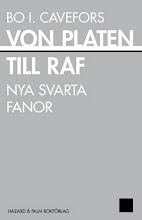
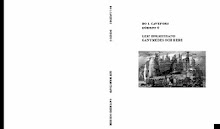

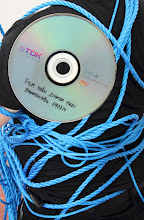

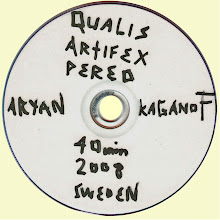



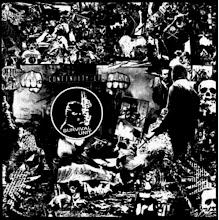
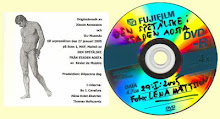




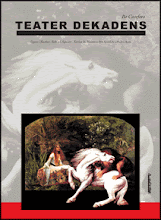
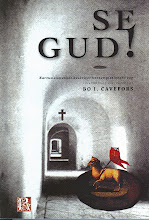


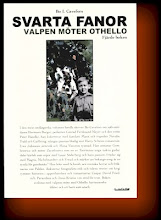
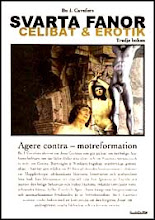


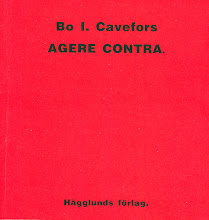
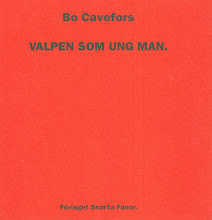
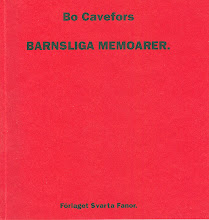
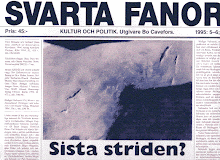

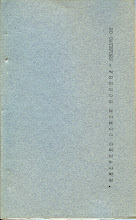




No comments:
Post a Comment